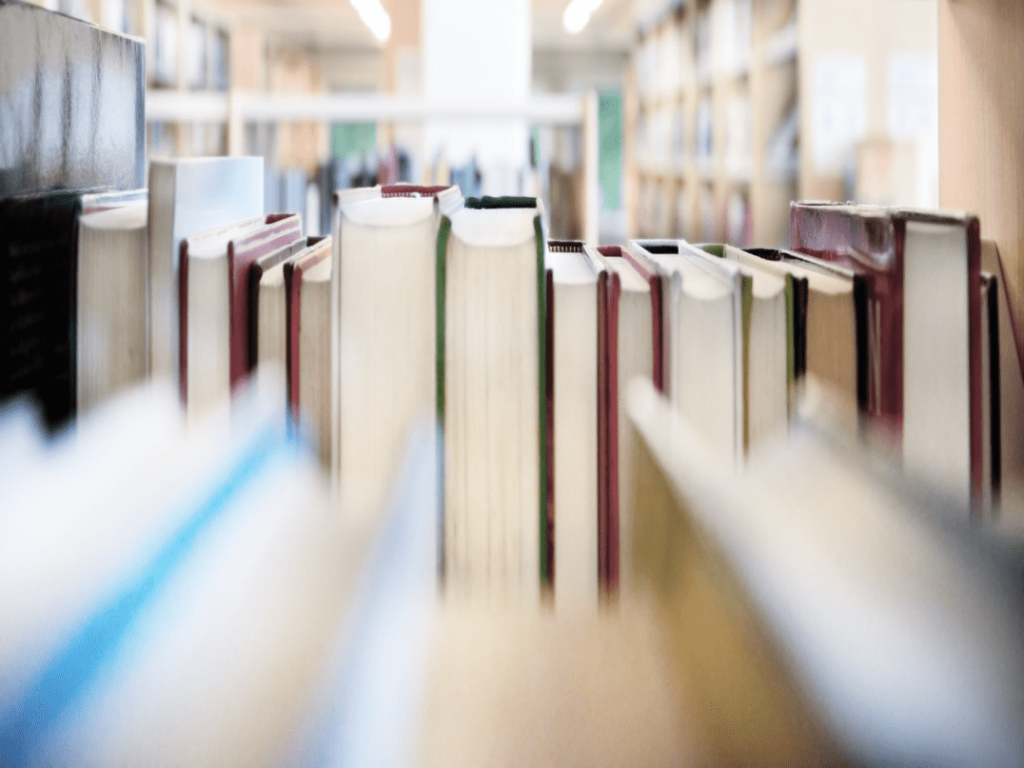Welcome, dear learners of Arabic and lovers of Arab culture!
Are you ready to explore the treasures of knowledge that lie at the heart of the Arab world? In this article, we take you on a fascinating journey through the best Arab libraries in the Middle East—libraries that are more than just places to read. With this list, you can choose the best Arab library where you can let your imagination fly. They are living cultural centers that reflect the beauty of the Arabic language and the richness of Arab heritage.
Bibliotheca Alexandrina – Egypt 🇪🇬
A Legendary Library Reborn
- Historical Significance: A modern revival of the ancient Library of Alexandria, once the most famous library in the ancient world.
- Vast Knowledge: Holds over 500,000 books and has capacity for 8 million volumes.
- Cultural Complex: Includes a planetarium, manuscript restoration center, art galleries, museums, and a conference hall.
- Iconic Architecture: Combines ancient spirit with modern design—an unforgettable destination.
Qatar National Library – Qatar 🇶🇦
Where Modern Design Meets Heritage
- Striking Design: Designed by Rem Koolhaas with a structure that reflects Arab culture in a futuristic way.
- Massive Collection: More than 1 million books and rare historical manuscripts.
- Dynamic Cultural Life: Offers workshops, exhibitions, and lectures for all ages.
Mohammed Bin Rashid Library – United Arab Emirates 🇦🇪
A Smart Library for the Future
- Quran-Inspired Architecture: Shaped like a traditional wooden Quran stand (Rehal).
- Technology-Driven Services: Uses cutting-edge systems for managing and accessing resources.
- Rich Content: Over 1 million physical and digital books, along with rare archives.
- Vibrant Programming: Hosts literary events, art exhibitions, and cultural discussions.
Ithra Library at King Abdulaziz Center – Saudi Arabia 🇸🇦
A Hub of Learning, Art, and Innovation
- More Than a Library: Part of a massive cultural center that includes a museum, cinema, and theater.
- Bilingual Resources: Features 350,000+ Arabic and English titles across various fields.
- Interactive Learning: Offers reading clubs, educational workshops, and public lectures.
National Library of Jordan – Jordan 🇯🇴
Preserving National Memory
- Cultural Archive: Collects and protects Jordan’s intellectual output in all disciplines.
- Support for Researchers: Provides access to books, archives, and resources for academics and students.
- Community Events: Organizes book fairs, talks, and exhibitions to engage the public.
Al-Qarawiyyin Library – Morocco 🇲🇦
The Oldest Working Library in the World
- Founded in 859 AD: Established by Fatima al-Fihri, and recognized by UNESCO as the oldest active library globally.
- Priceless Manuscripts: Houses ancient copies of the Quran and works in science, astronomy, and medicine.
- Islamic Architecture: Reflects Moroccan and Islamic design in every corner.
Tips for Visiting an Arab Library:
- Check Opening Hours: Libraries may have specific schedules, especially during holidays.
- Bring a Library Card: Some libraries require membership for borrowing or using facilities.
- Respect the Environment: Stay quiet and follow library rules.
- Explore Digital Resources: Many libraries offer ebooks, virtual tours, and online databases.
- Join Cultural Events: Attend lectures, art shows, or book clubs whenever possible.
Conclusion
Each of these Arab libraries is a unique gateway into the world of the Arabic language and Arab civilization. Whether you’re a beginner or an advanced learner, visiting these libraries can deeply enrich your journey with Arabic and connect you to centuries of knowledge and culture.
Keep following us for more articles about learning Arabic through culture, history, and art.
And don’t forget to download the Kaleela App—your fun and practical way to learn Arabic step by step!



